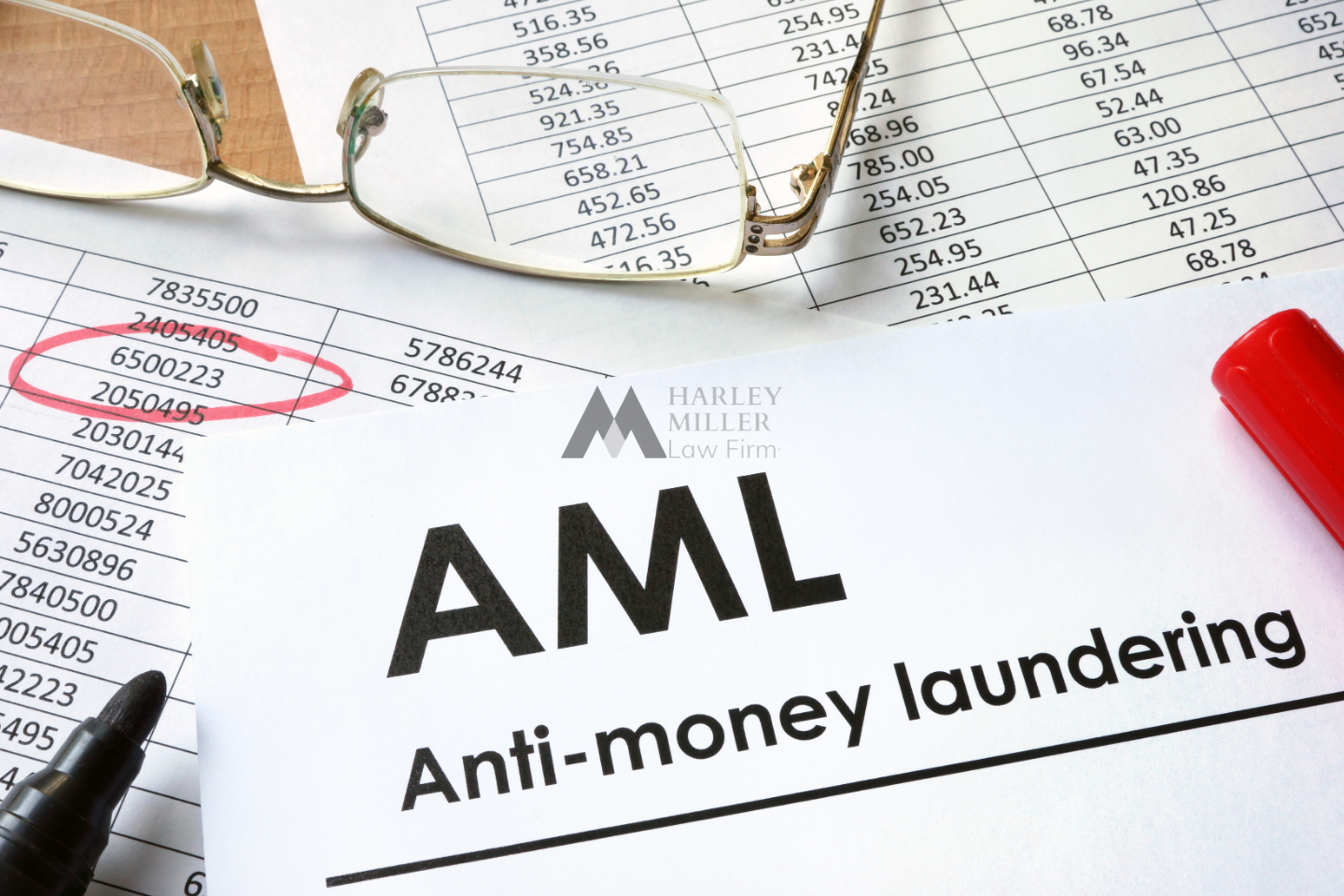Money laundering is a prevalent problem worldwide, causing detrimental effects on various aspects of each country, such as society, security, and economy. In response, Vietnam passed the Law on Anti-Money Laundering on June 18, 2012, which became effective on January 1, 2013. However, recognizing the limitations of the previous law, Vietnam enacted the Law on Anti-Money Laundering No. 14/2022/QH15 (“LPCRT 2022”) on November 15, 2022. LPCRT 2022 is set to take effect on March 1, 2023, aiming to address the shortcomings of the 2012 legislation.
This article by HMLF provides valuable insights into what money laundering entails, along with crucial considerations that foreign investors should keep in mind when investing in Vietnam.
Definition of money laundering
Money laundering involves the process of converting and transferring illegal profits or assets into legal currencies or assets by criminals. It is an illegal activity that aims to make the proceeds of crime or property appear legitimate. The act of money laundering not only helps to conceal the origin of illicit funds but also provides individuals and criminal organizations with a means of using laundered money to continue engaging in unlawful activities.
Given favorable conditions for money laundering, such as a cash-based economy, rapid technological advancements, and legislative inadequacies in a fast-growing economy and society, Vietnam has become an attractive destination for criminals seeking to launder money. As a result, it has become one of the leading regions globally utilized by money laundering criminals.

When investing in Vietnam, what specific matters should foreign investors take into account?
When investing in Vietnam, foreign investors must be mindful of the regulations on money laundering, as they are complex in nature and can violate criminal laws. To minimize legal risks associated with money laundering, it is crucial for investors to take note of provisions deemed as indications of money laundering by Vietnamese law.
Vietnamese competent authorities require foreign investors to report to them regarding combatting and preventing money laundering
Foreign investors must ensure that their businesses comply with anti-money laundering regulations and report suspected instances of money laundering by their customers. Moreover, foreign investors are obligated to report their investments in the subsequent sectors:
i. Some professions linked to finance include lending, financial leasing, life insurance business, payment intermediary services, bank guarantee, money exchange, and securities brokerage.
ii. There are non-financial professions that are relevant, such as gaming business, real estate business (excluding leasing and subleasing services and real estate consulting), trading in precious metals, gems, and lawyers.

Foreign investors should be mindful of fundamental indicators of suspicious activity
In case of suspicion regarding the relationship between the assets involved in a transaction and money laundering, foreign investors must report to the State Bank of Vietnam. The criterion for suspicion should be based on a thorough examination, collection, and analysis of pertinent information. If a customer or transaction exhibits one or more of the following indicators, it can raise suspicion
i. If customers refuse to provide complete or accurate identification information, or if such information is inconsistent, this may raise suspicion.
ii. Considering a client’s attempt to persuade the reporting entity not to report a transaction to the relevant government agency as a red flag.
iii. Lack of customer identification based on provided information or involvement of an unidentified party in a transaction may give rise to suspicion.
iv. A phone number provided by the customer that is unreachable or nonexistent after the transaction or account opening process is another suspicious sign.
v. Transactions authorized by organizations or individuals on the Alert List may raise suspicions of criminal activity or connection with entities and individuals listed on the Watch List.
vi. If customer identification information or an assessment of the economic and legal rationale behind a transaction reveals parties involved with a criminal or related organization or individual on the Watch List, suspicion may arise.
vii. Participating in transactions with large sums of money that do not align with the business activities and income of the involved organizations or individuals is another red flag.
viii. Requesting a reporting entity to perform a transaction outside the procedures and regulations prescribed by law is considered suspicious.
The obligations of foreign investors
Foreign investors who need to report must identify customers exhibiting suspicious signs of money laundering.These investors should have an adequate grasp of the aforementioned regulations and take necessary corrective actions. Even for foreign investors in non-reporting sectors, it is crucial to obtain relevant information to avoid becoming implicated in suspected cases of money laundering that may involve parties responsible for reporting mentioned earlier.
Upon detecting a suspicious money laundering case, foreign investors who are legally obliged to report may apply temporary measures such as postponing transactions or, with approval from the relevant authorities, freezing accounts, or seizing assets.
Violation of reporting regulations by the aforementioned foreign investors will result in appropriate disciplinary actions.

Conclusion
In conclusion, foreign investors play a crucial role in preventing money laundering and upholding the integrity of Vietnam’s financial system. By familiarizing themselves with the regulations and guidelines outlined in this post, implementing robust risk assessment and compliance measures, or foreign investors can consult with professional legal teams they can mitigate the risks of becoming embroiled in illicit activities. Additionally, it is imperative that foreign investors maintain a culture of due diligence, transparency, and ethical conduct. Only by working together can we ensure that Vietnam’s economy remains a secure and trustworthy destination for foreign investment, while deterring criminal elements from exploiting its potential for illicit gains.
The team of experts and staff of Harley Miller strives to provide optimal solutions to bring customers satisfaction when experiencing legal services.

Harley Miller Law Firm “HMLF”
Head office: 14th floor, HM Town building, 412 Nguyen Thi Minh Khai, Ward 05, District 3, Ho Chi Minh City.
Phone number: 0937215585
Website: hmlf.vn


